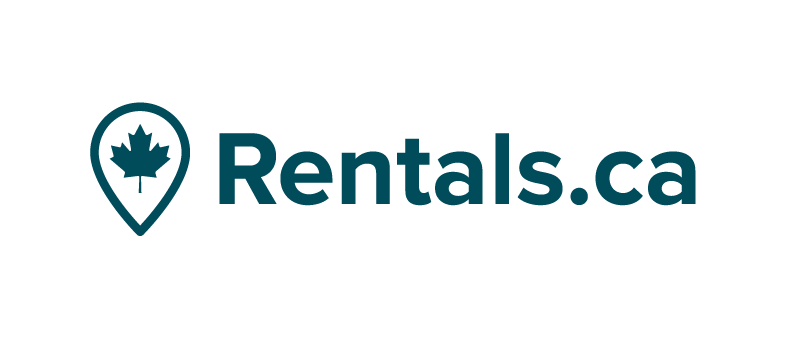Toronto - April 8, 2025 - The average asking rent for all residential properties in Canada increased 1.5% in March to $2,119, marking the first month-over-month rise since September 2024, according to the latest National Rent Report from Rentals.ca and Urbanation. Despite the monthly gain, average rents remain down 2.8% annually — the sixth straight month of year-over-year declines.
“Rents in Canada saw an uptick between February and March as renters became more active, likely drawn into the market by the recent improvement in affordability,” said Shaun Hildebrand, President of Urbanation. “However, rents are likely to continue facing downward pressure in the near-term due to the expected negative economic impact and job losses caused by the trade conflict with the U.S.”
Since the onset of the pandemic in March 2020, average asking rents in Canada have increased 17.8%. Purpose-built rental apartments led the growth with a 35.5% increase to $2,086, even after a 1.5% dip in the past year. On the other hand, Condo rents have remained nearly flat over the same five-year span, rising just 0.6% to $2,232 after a 3.8% annual decline in March. Other secondary rental properties fell 5.6% year-over-year, but are up 13.6% compared to five years ago.
Among purpose-built rentals, Ontario recorded the largest annual decline in March at -3.2%, while Saskatchewan led growth at +2.9%. B.C. remained flat (-0.1%), and Alberta experienced a 1.8% increase. Looking back over five years, the strongest rent growth was in Nova Scotia (+43.9%) and Alberta (+38.5%), followed by B.C. (+36.9%) and Saskatchewan (+33.9%). Ontario, with a 16.4% five-year increase, saw the slowest growth in purpose-built rents among the provinces.
Rents in major markets continued to decline, reaching multi-year lows. Toronto fell 6.9% annually to $2,589 — a 32-month low — while Vancouver dropped 5.7% to a 35-month low of $2,822. Calgary saw the largest annual decline among major cities at 7.8%, while Ottawa (+0.9%) and Edmonton (+1.0%) managed small increases.
The most expensive markets remain concentrated in B.C. and Ontario, led by Richmond ($3,042) and North Vancouver ($3,005). The most affordable markets are in Alberta and Saskatchewan, including Lloydminster ($1,206) and Regina ($1,320). Grande Prairie posted the fastest rent growth in the country, rising 14.1% annually.
The average asking rent for shared accommodations fell 4% year-over-year to $959, with listings up 7% from last March. Rents for room rentals declined in Toronto (-8%) and Montreal (-9%), but rose 7% in Ottawa.
The National Rent Report charts and analyzes monthly, quarterly and annual trends in the rental market at national, provincial, and municipal levels using listings from the Rentals.ca Network. The data is analyzed and the report is prepared by Urbanation, a Toronto-based real estate research firm founded in 1981.
The data includes single-detached homes, semi-detached homes, townhouses, condominium apartments, rental apartments, and basement apartments. Outlier listings and single-room rentals are excluded.
